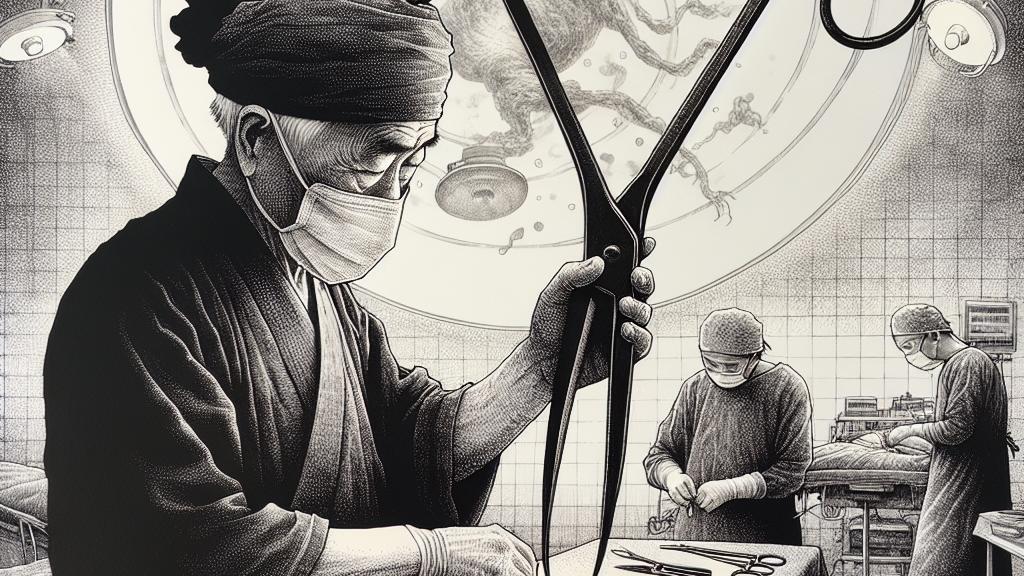Surgical Woes: The Vanishing Artisans Behind the Life-Saving Tools
Overview
- Japan is facing a critical shortage of craftsmen skilled in making surgical instruments.
- The retirement of experienced artisans without successors threatens medical supply chains.
- Doctors report delays in essential surgical tools, jeopardizing patient care and outcomes.

Understanding the Crisis in Japan
In Japan, a troubling crisis has emerged surrounding the craftsmanship of surgical instruments, particularly hemostatic forceps. Retiring artisans, who have dedicated their lives to creating these essential tools, leave behind a stark void due to a significant lack of successors to take on these skilled crafts. This generational gap not only disrupts the production of critical medical instruments but also threatens to undermine patient safety in surgical settings. With the growing complexity of surgical procedures, the need for high-quality, reliable tools is more pressing than ever. The inability to secure a consistent supply of these instruments means that health care providers face increasing challenges in delivering timely and effective care, shining a light on the urgent need for solutions to this artisan crisis.
The Importance of Hemostatic Forceps
Hemostatic forceps are indispensable in medical practice, serving a crucial role in controlling bleeding during surgical operations. These meticulously crafted tools are not only functional but are also tailored to provide surgeons with the precision required to navigate intricate procedures. In the hands of skilled professionals, they become extensions of their expertise, making the quality of craftsmanship paramount. High-quality hemostatic forceps enhance surgical outcomes by facilitating effective blood management, thus minimizing potential complications. However, the decline in the number of skilled craftsmen threatens the supply of these instruments, which can lead to variations in quality and reliability. Such disruptions could ultimately impact patient safety, highlighting the necessity of addressing the workforce challenges in surgical tool manufacturing.
Addressing the Shortage: Solutions Ahead
To combat the artisan shortage affecting surgical instrument production, a multi-faceted approach is essential. One effective strategy would be to implement mentorship and apprenticeship programs aimed at training the next generation of craftsmen. These initiatives could be bolstered by partnerships between surgical institutions and technical schools to create specialized training that emphasizes both traditional techniques and modern innovations. Moreover, raising public awareness about the significance of these roles within the healthcare system is vital. Celebrating successful artisans and their contributions to medical science can inspire young people to consider careers in this unique blend of craftsmanship and healthcare. By fostering a renewed appreciation for artisanal skills, supporting training programs, and enhancing collaboration within the industry, stakeholders can work together to ensure that high-quality surgical tools continue to be available, preserving the integrity of patient care in the years to come.

Loading...